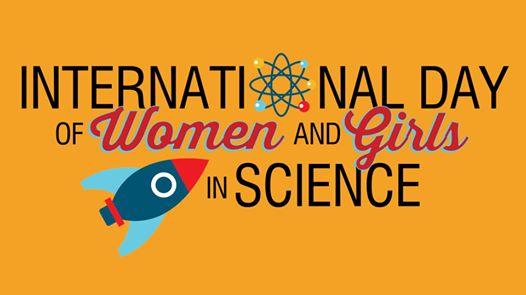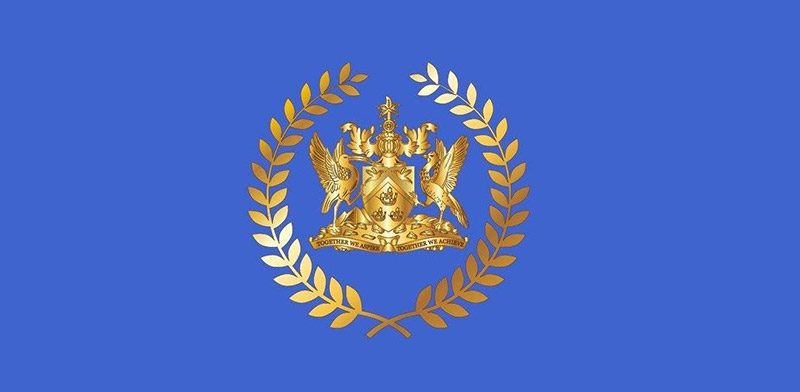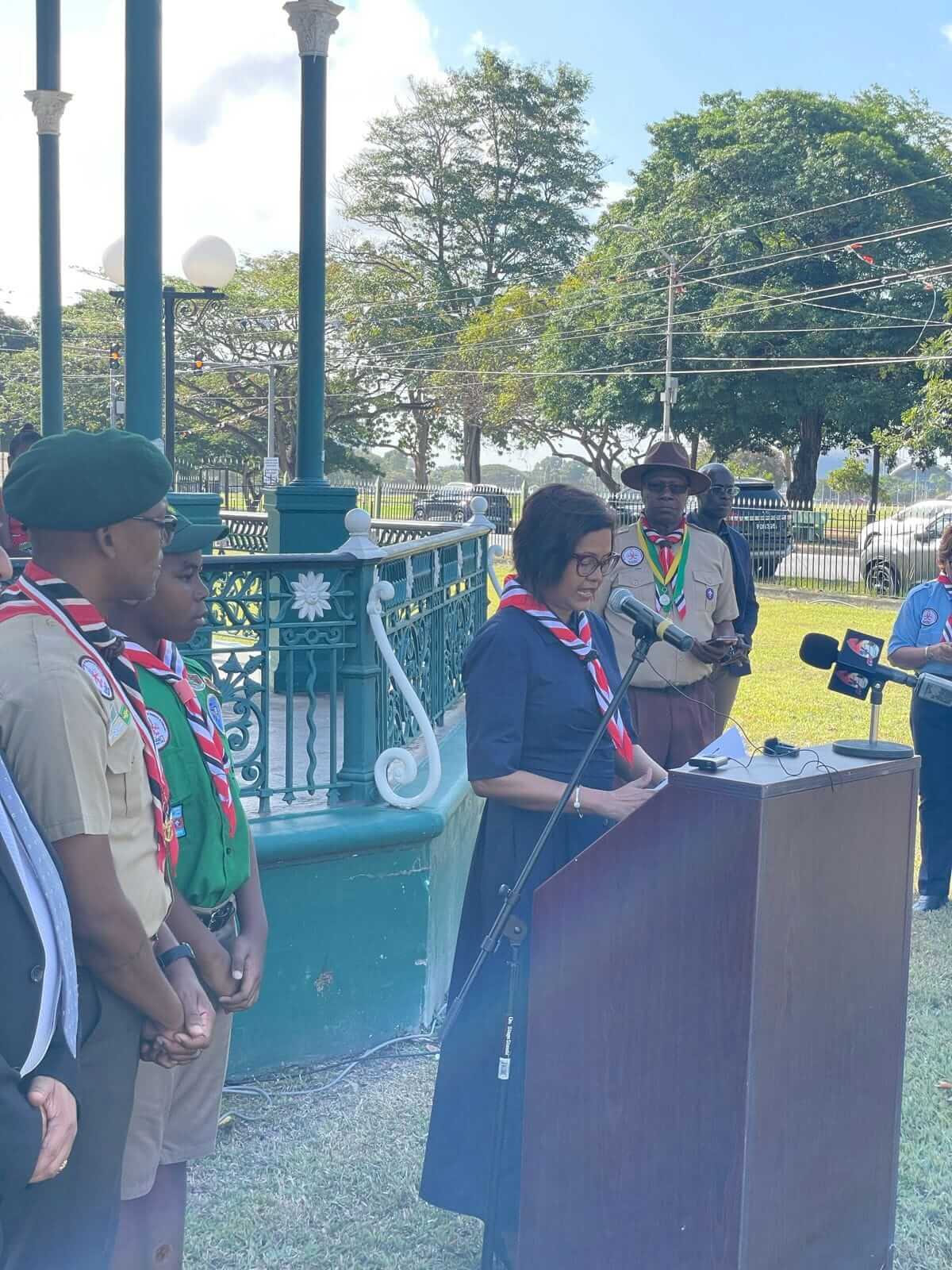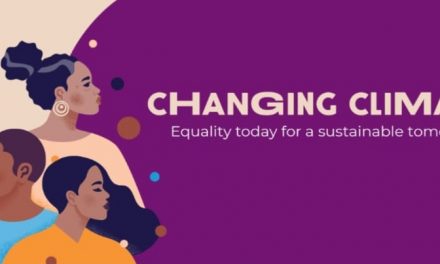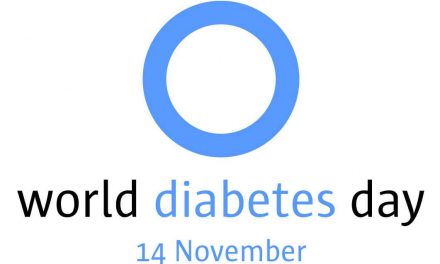Science, technology and innovation bring about modernisation and social transformation by solving present and emerging global challenges. The International Day of Women and Girls in Science celebrates the contributions of women to scientific development and recognises the role of gender equality in achieving the goals of the 2030 United Nations Sustainable Development Agenda.
A significant gender disparity permeates all levels of science, technology, engineering and mathematics (STEM) disciplines around the world, with women comprising less than 30% of scientific and technological researchers globally. However, Trinidad and Tobago seems to have bucked this trend. According to statistics from the St Augustine campus of the University of the West Indies, female graduates outnumber males in nearly every faculty, including, the faculties of Medical Science, Science and Technology, and Food and Agriculture.
While our success in empowering girls to populate the STEM arena is heartening, there is still some catching up to do. Engineering remains a heavily male-dominated field, with twice the number of male graduates to female. We have to continue to push for greater participation of our girls in this critical discipline as any shortfall of women and girls in the field handicaps the overall potential for development. Diversity in research widens the pool of expertise, creativity and talent and ensures that fresh and unique perspectives are brought to the table. If we are to completely fulfil the objectives of the 2030 Agenda, we must pursue effective strategies that promote the full and equal access to and participation in science for women and girls.
Trinidad and Tobago has produced several women who have distinguished themselves in STEM, including Dr Shirin Haque, the first woman to head the University of the West Indies Physics Department; Ms. Dolly Nicholas, the first woman to receive a national award for a scientific invention and Ms. Camille Wardrop-Alleyne, the first West Indian astronaut to work on the International Space Station. In a forum organised by the Office of the President later this year, Ms Wardrop-Alleyne, alongside other pioneering women, will share her experiences and advice on entering and succeeding in fields traditionally dominated by men. It will be a golden opportunity for our girls to be inspired and encouraged to enter the world of STEM.
On the International Day of Women and Girls in Science let us recommit to removing all barriers that hinder gender equality and take action to close the yawning gender gap in science once and for all.

